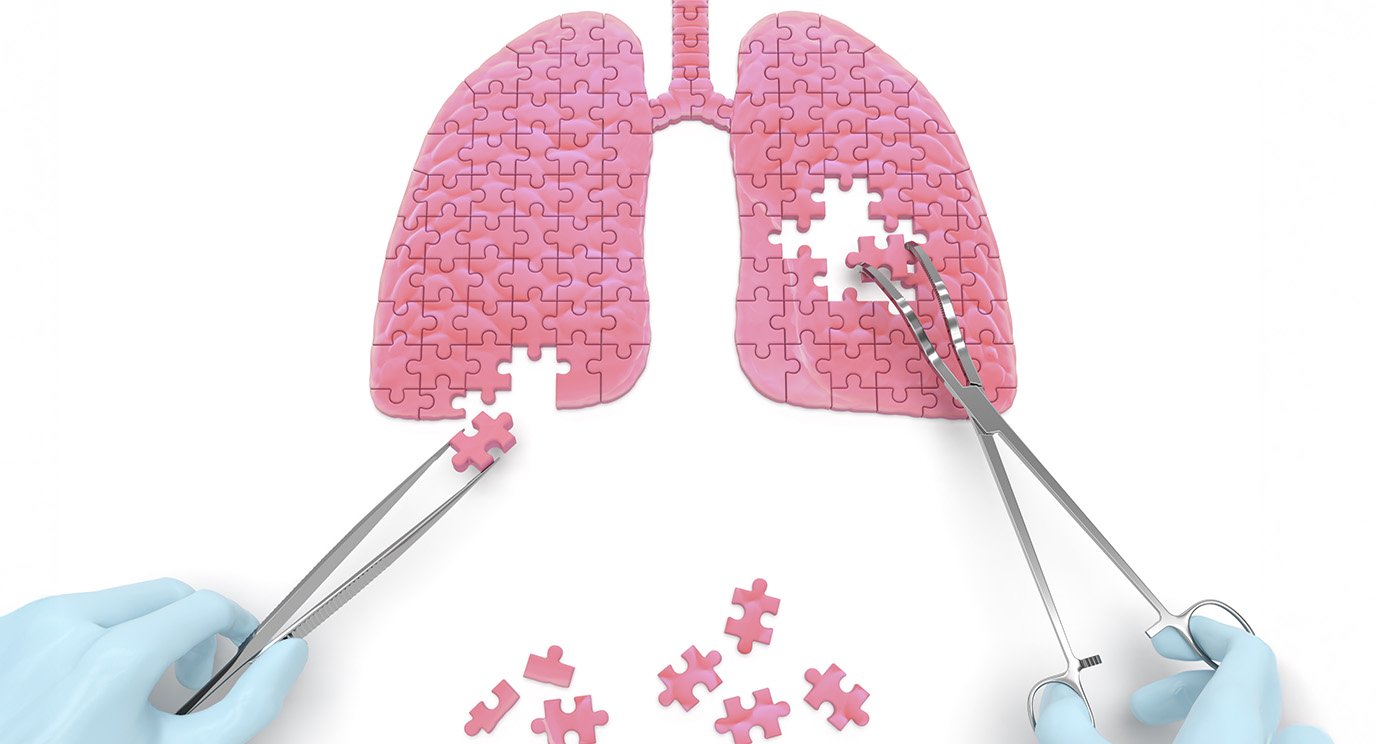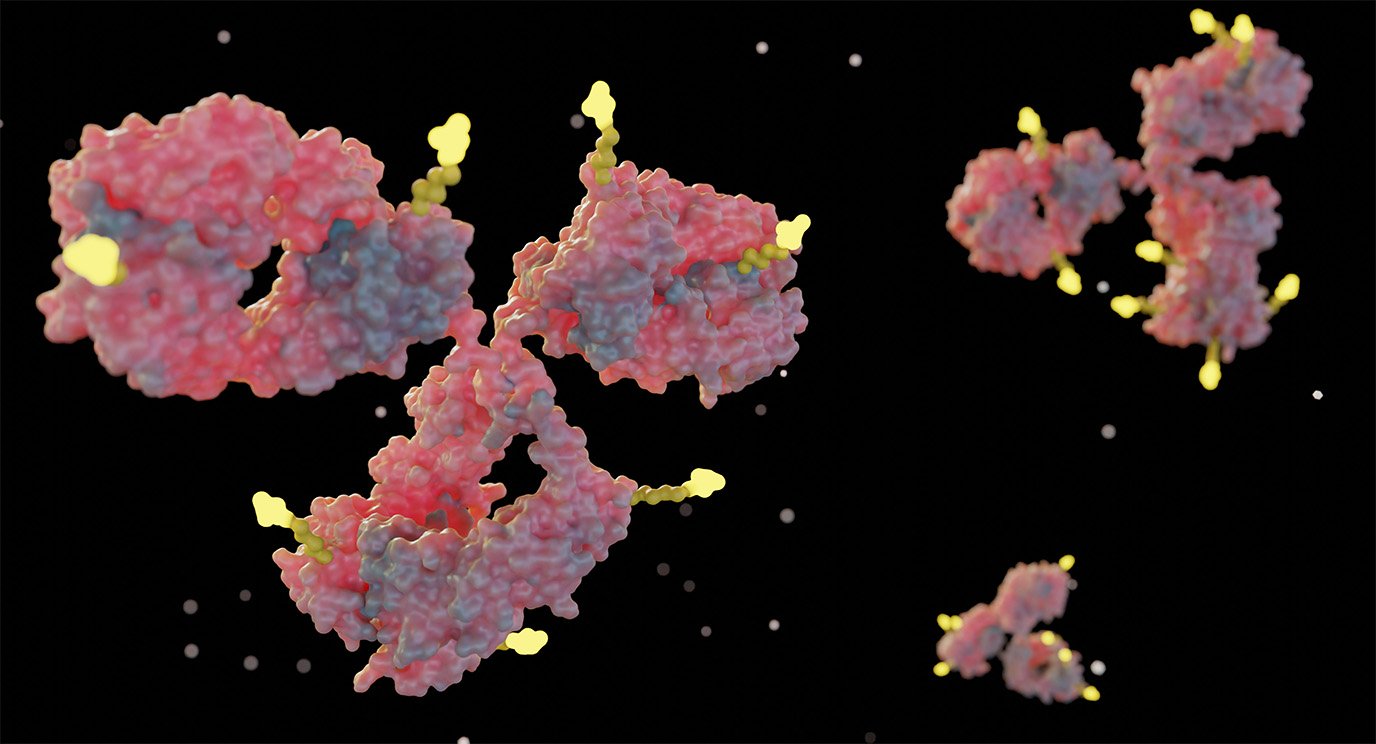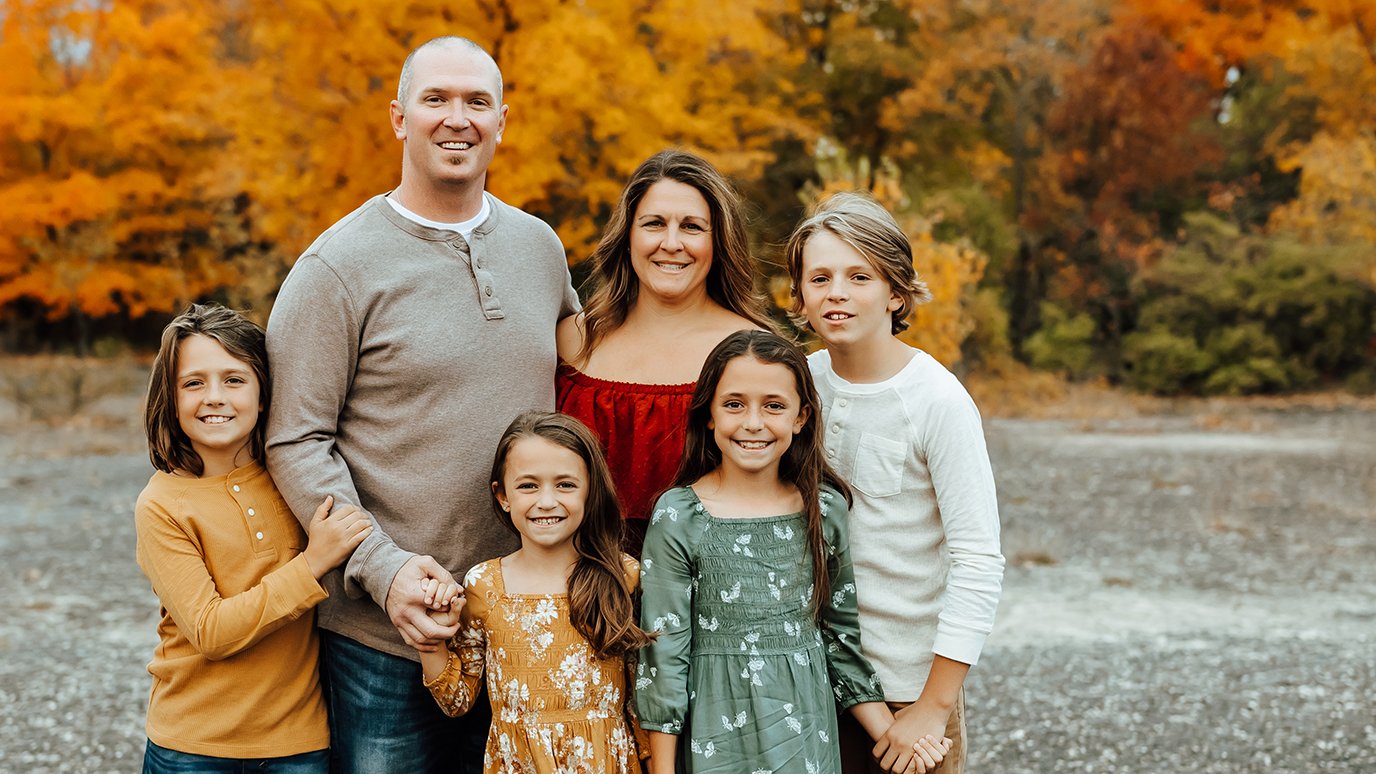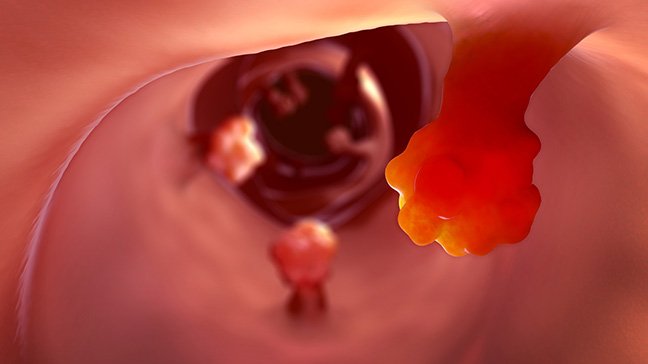- Diseases
- Acoustic Neuroma (16)
- Adrenal Gland Tumor (24)
- Anal Cancer (70)
- Anemia (2)
- Appendix Cancer (18)
- Bile Duct Cancer (26)
- Bladder Cancer (74)
- Brain Metastases (28)
- Brain Tumor (234)
- Breast Cancer (726)
- Breast Implant-Associated Anaplastic Large Cell Lymphoma (2)
- Cancer of Unknown Primary (4)
- Carcinoid Tumor (8)
- Cervical Cancer (164)
- Colon Cancer (168)
- Colorectal Cancer (118)
- Endocrine Tumor (4)
- Esophageal Cancer (44)
- Eye Cancer (36)
- Fallopian Tube Cancer (8)
- Germ Cell Tumor (4)
- Gestational Trophoblastic Disease (2)
- Head and Neck Cancer (14)
- Kidney Cancer (130)
- Leukemia (342)
- Liver Cancer (50)
- Lung Cancer (286)
- Lymphoma (278)
- Mesothelioma (14)
- Metastasis (30)
- Multiple Myeloma (100)
- Myelodysplastic Syndrome (60)
- Myeloproliferative Neoplasm (6)
- Neuroendocrine Tumors (16)
- Oral Cancer (102)
- Ovarian Cancer (178)
- Pancreatic Cancer (160)
- Parathyroid Disease (2)
- Penile Cancer (14)
- Pituitary Tumor (6)
- Prostate Cancer (150)
- Rectal Cancer (58)
- Renal Medullary Carcinoma (6)
- Salivary Gland Cancer (14)
- Sarcoma (238)
- Skin Cancer (300)
- Skull Base Tumors (56)
- Spinal Tumor (12)
- Stomach Cancer (66)
- Testicular Cancer (28)
- Throat Cancer (92)
- Thymoma (6)
- Thyroid Cancer (100)
- Tonsil Cancer (30)
- Uterine Cancer (86)
- Vaginal Cancer (18)
- Vulvar Cancer (22)
- Cancer Topic
- Adolescent and Young Adult Cancer Issues (22)
- Advance Care Planning (12)
- Biostatistics (2)
- Blood Donation (18)
- Bone Health (8)
- COVID-19 (360)
- Cancer Recurrence (120)
- Childhood Cancer Issues (120)
- Clinical Trials (628)
- Complementary Integrative Medicine (22)
- Cytogenetics (2)
- DNA Methylation (4)
- Diagnosis (238)
- Epigenetics (6)
- Fertility (62)
- Follow-up Guidelines (2)
- Health Disparities (14)
- Hereditary Cancer Syndromes (128)
- Immunology (18)
- Li-Fraumeni Syndrome (8)
- Mental Health (122)
- Molecular Diagnostics (8)
- Pain Management (62)
- Palliative Care (8)
- Pathology (10)
- Physical Therapy (18)
- Pregnancy (18)
- Prevention (936)
- Research (390)
- Second Opinion (78)
- Sexuality (16)
- Side Effects (616)
- Sleep Disorders (10)
- Stem Cell Transplantation Cellular Therapy (216)
- Support (408)
- Survivorship (328)
- Symptoms (182)
- Treatment (1788)
4 lung cancer myths, busted
BY Meagan Raeke
3 minute read | Published November 11, 2021
Medically Reviewed | Last reviewed by an MD Anderson Cancer Center medical professional on November 11, 2021
Lung cancer is the second most common cancer in both men and women, and the leading cause of cancer deaths in the U.S. Yet, there are still many myths about the disease.
We asked our experts to debunk four of the most common misconceptions about lung cancer.
Myth: Only people who smoke get lung cancer.
Truth: Anyone can get lung cancer.
While it’s true that tobacco use is the leading cause of lung cancer, people who have never smoked can also be diagnosed with lung cancer. In fact, about 20% of lung cancers deaths occur in people who have never smoked, according to the American Cancer Society.
“Lung cancer has a stigma of being a smokers’ disease, so lung cancer patients who don’t smoke are often surprised by their diagnosis,” says Mara Antonoff, M.D. “The truth is that lung cancer can happen to anyone, and we’re just beginning to understand the differences between the ways that lung cancer develops and grows in people with and without a smoking history.”
Long-term exposure to secondhand smoke, radon, pollution and chemicals, such as asbestos, have also been identified as contributing factors to lung cancer in non-smokers.
Myth: If you’ve been diagnosed with lung cancer, there’s no point in quitting smoking now.
Truth: Quitting smoking after a lung cancer diagnosis can benefit your cancer treatment and recovery.
“A cancer patient who quits smoking at diagnosis can increase their probability of survival by 30% to 40%,” says Paul Cinciripini, Ph.D. “If you quit smoking, you have a better chance of responding to cancer treatment than if you continue to smoke. It improves longevity and results in better quality of life.”
At MD Anderson, all newly diagnosed cancer patients who report tobacco use are invited to enroll in the Tobacco Treatment Program, which provides free behavioral counseling and medication to help individuals quit smoking or other forms or tobacco use.
Quitting smoking before cancer treatment can help ease the side effects and make it easier to recover from surgery, chemotherapy and radiation therapy. It can also decrease your chances of developing a secondary cancer or having the cancer return.
Myth: There’s nothing you can do for advanced lung cancer.
Truth: Effective treatments for advanced lung cancer are now available.
As the American Cancer Society recently reported, lung cancer survival has been increasing since 2009, and lung cancer death rates have fallen drastically over the last 30 years. Advances in treatment, including newly approved immunotherapy and targeted therapy medicines, have helped.
“Before 2020, lung cancer had five actionable oncogene – mutations that we could treat with a targeted therapy pill,” says Xiuning Le, M.D., Ph.D. “Now, we have approved treatments available for nine driver mutations, covering about half of lung adenocarcinomas. The therapeutic development is accelerating rapidly, which is good news for lung cancer patients and their loved ones.”
Coupled with advances in lung cancer surgery and radiation therapy, this means that even patients with stage IV lung cancer often have multiple treatment options.
Myth: There isn’t a way to find lung cancer before it starts to cause symptoms.
Truth: Lung cancer screening is available and recommend for people at high risk for the disease.
Cancer screening exams are designed to find small tumors that haven’t started to spread or cause symptoms yet. The U.S. Preventive Services Task Force recommends lung cancer screening through an annual low-dose CT scan for people ages 50 to 80 who have a 20 pack-year smoking history and currently smoke or have quit within the last 15 years. Pack-year smoking history equals the number of packs of cigarettes smoked per day multiplied by the number of years a person has smoked.
“Lung cancer screening helps us identify cancer at its earliest stages in high-risk demographic groups,” Antonoff says. “Catching cancer early is when we have the greatest opportunity to intervene and potentially provide a cure.”
Request an appointment at MD Anderson online or by calling 1-855-928-4539.

The truth is that lung cancer can happen to anyone.
Mara Antonoff, M.D.
Physician





